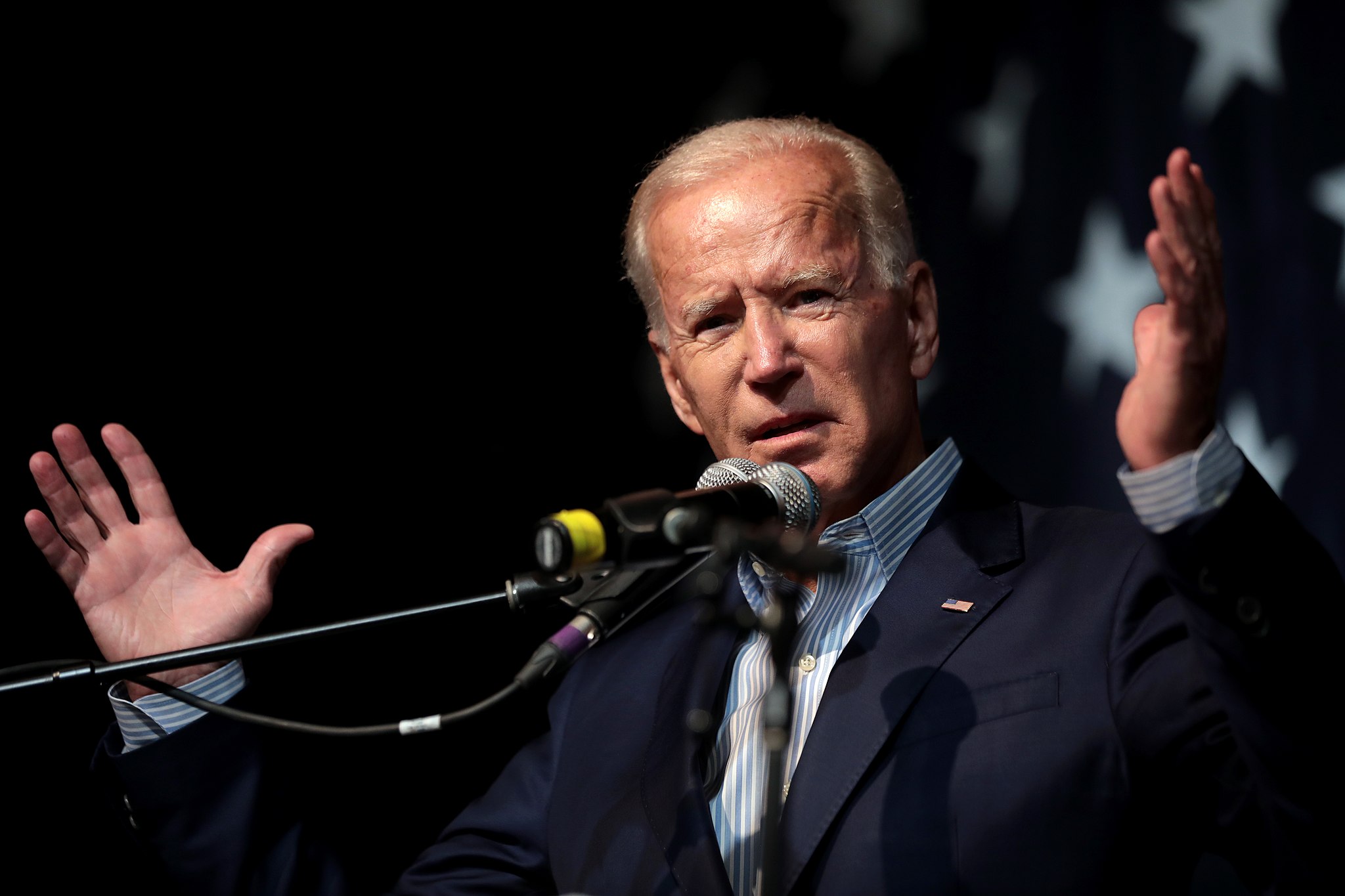Trump-Hater Jack Smith Defeated?
Biden won’t be happy about this.
In the ongoing legal saga surrounding the classified documents case involving former President Donald Trump, Special Counsel Jack Smith finds himself entangled in a complex situation with U.S. District Judge Aileen Cannon, as observed by Neama Rahmani, a former federal prosecutor turned legal analyst.
Rahmani’s analysis underscores the dilemma Smith faces: challenging Judge Cannon’s rulings risks playing into Trump’s strategy of prolonging the case past the 2024 presidential election, potentially allowing Trump to evade prosecution entirely should he secure a second term in office.
At the heart of the matter is Cannon’s oversight of the case, wherein Trump stands accused of unlawfully retaining classified materials, storing them at his Mar-a-Lago property, and obstructing federal efforts to retrieve them. Trump, who remains the presumptive Republican candidate for the 2024 election, maintains his innocence, asserting that the documents in question were personal belongings.
Recent legal exchanges between Smith and Cannon have escalated tensions. Smith, in an April 2 filing, cautioned Cannon of his intent to appeal her proposed jury instruction unless revised. Cannon swiftly rebuffed Smith’s warning on April 4, denouncing it as unprecedented and unjust.
Central to the dispute is Cannon’s proposal to include a jury instruction suggesting Trump’s potential legal right to retain presidential records as personal possessions. Rahmani contends that such an instruction would be legally flawed, potentially prejudicing the trial outcome in Trump’s favor.
Rahmani emphasizes the strategic significance of resolving this issue pre-trial, as any erroneous jury instruction could lead to an unjust acquittal for Trump. Smith faces a critical juncture: pressing for resolution before trial to safeguard against potential miscarriages of justice, or risking post-trial appeals that might be thwarted by the principle of double jeopardy.
Furthermore, Rahmani underscores the broader implications of delay tactics in Trump’s legal defense, particularly in light of his electoral ambitions. A victory for Trump in the 2024 election could shield him from prosecution, leaving unresolved legal proceedings moot.
Ultimately, the intricacies of the legal battle highlight the delicate balance Smith must navigate to ensure a fair trial while thwarting attempts at legal manipulation that could undermine the integrity of the judicial process.





